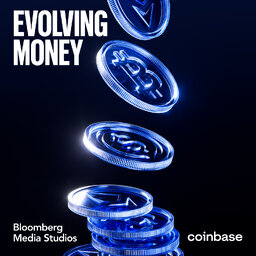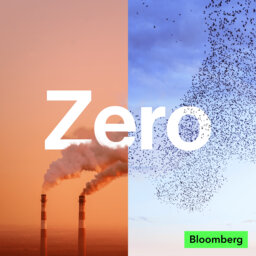Weather patterns have always had an impact on people and civilizations. Historians argue that El Niño may have contributed to the French Revolution, and climate variability could have led to weakening the Ottoman Empire. But as anthropogenic emissions make the planet hotter, faster, Berghof Foundation Executive Director Andrew Gilmour says the risk of conflict is growing. In the 30 years he spent working with the United Nations, Gilmour repeatedly saw how competition over resources such as land and water led to conflict, but he also sees opportunities for aligning peace-building with climate solutions. “The common solutions could be, for example, a solar powered irrigation scheme,” Gilmour tells Akshat Rathi. “It could be joint management of a wildlife reserve, it could be a desalination project.”
Explore further:
- Past episode with Harvard Medical School emergency physician Renee Salas about public policy approaches to mitigating the health impacts of heat waves
- Past episode about the dramatization of the fight to represent developing nations’ interests at COP 3 in a new play called “Kyoto”
- Past episode about the life of climate scientist and activist Saleemul Huq
Zero is a production of Bloomberg Green. Our producer is Mythili Rao. Special thanks this week to Kira Bindrim, Jessica Beck, and Monique Mulima. Thoughts or suggestions? Email us at zeropod@bloomberg.net. For more coverage of climate change and solutions, visit https://www.bloomberg.com/green.
In 1 playlist(s)
Zero
Zero is about the tactics and technologies taking us to a world of zero emissions. Each week Bloombe…Social links
Follow podcast
Recent clips

(Sponsored Content) Evolving Money: Blue Chip Meets Blockchain
16:48

Ethiopia’s fossil fuel car ban is a vision of the future
32:37

Do artists have a duty to be political? Imagine series
32:37
 Zero
Zero